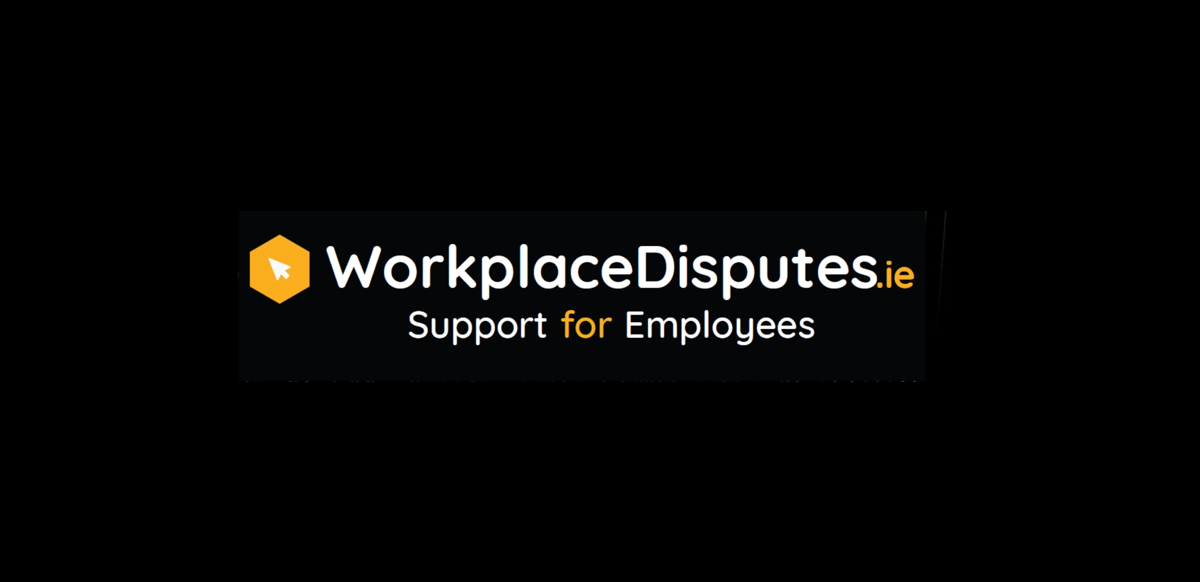Unfair Dismissal: Why Winning the Case is Only Half the Battle

When an employer admits that a dismissal was unfair, many employees believe the hard part is over. The reality is different. Winning on liability is just the beginning — the real challenge lies in proving compensation for the financial and statutory losses that flow from being dismissed.
At the WRC, compensation is not automatic. It is loss-based. That means the Adjudicator will look closely at what financial loss you actually suffered, and whether you took reasonable steps to reduce that loss. If you don't have the right evidence, your award can be cut down dramatically, even when unfairness is uncontested.
Key lessons for employees:
- Mitigation matters. You must seek work immediately after dismissal and keep records — job application logs, rejection emails, interview invites. Without this, the employer can argue you failed to limit your losses.
- Illness Benefit isn't the same as sick pay. If you sign onto Illness Benefit, your employer may claim there was no loss because you wouldn't have been earning wages anyway, unless your job offered a contractual sick pay scheme.
- Total pay package counts. Loss includes not just wages, but also benefits such as pension contributions, bonuses, health insurance, or car allowances. Employees often overlook this.
- Statutory rights have value. Being dismissed cuts off future entitlements such as redundancy rights (after two years' service) or ongoing unfair dismissal protections. Employees should ask the WRC to factor in this loss of statutory protections.
The bottom line is that unfair dismissal compensation is about evidence, preparation, and understanding the full value of what has been lost. When employers "put their hands up" to an unfair dismissal, it doesn't end the fight — it simply moves it to the next stage, where the size of your compensation depends on how well you can demonstrate your loss.
Unfair Dismissal: Why Winning the Case is Only Half the Battle
When an employer admits that a dismissal was unfair, many employees believe the hard part is over. The reality is different. Winning on liability is just the beginning — the real challenge lies in proving compensation for the financial and statutory losses that flow from being dismissed.
At the WRC, compensation is not automatic. It is loss-based. That means the Adjudicator will look closely at what financial loss you actually suffered, and whether you took reasonable steps to reduce that loss. If you don't have the right evidence, your award can be cut down dramatically, even when unfairness is uncontested.
Key lessons for employees:
- Mitigation matters. You must seek work immediately after dismissal and keep records — job application logs, rejection emails, interview invites. Without this, the employer can argue you failed to limit your losses.
- Illness Benefit isn't the same as sick pay. If you sign onto Illness Benefit, your employer may claim there was no loss because you wouldn't have been earning wages anyway, unless your job offered a contractual sick pay scheme.
- Total pay package counts. Loss includes not just wages, but also benefits such as pension contributions, bonuses, health insurance, or car allowances. Employees often overlook this.
- Statutory rights have value. Being dismissed cuts off future entitlements such as redundancy rights (after two years' service) or ongoing unfair dismissal protections. Employees should ask the WRC to factor in this loss of statutory protections.
The bottom line is that unfair dismissal compensation is about evidence, preparation, and understanding the full value of what has been lost. When employers "put their hands up" to an unfair dismissal, it doesn't end the fight — it simply moves it to the next stage, where the size of your compensation depends on how well you can demonstrate your loss.
If you've been dismissed and want to understand your rights — and how to protect your compensation claim — book a confidential case assessment call with WorkplaceDisputes.ie today. We'll walk you through your options and help you build the strongest possible case.
